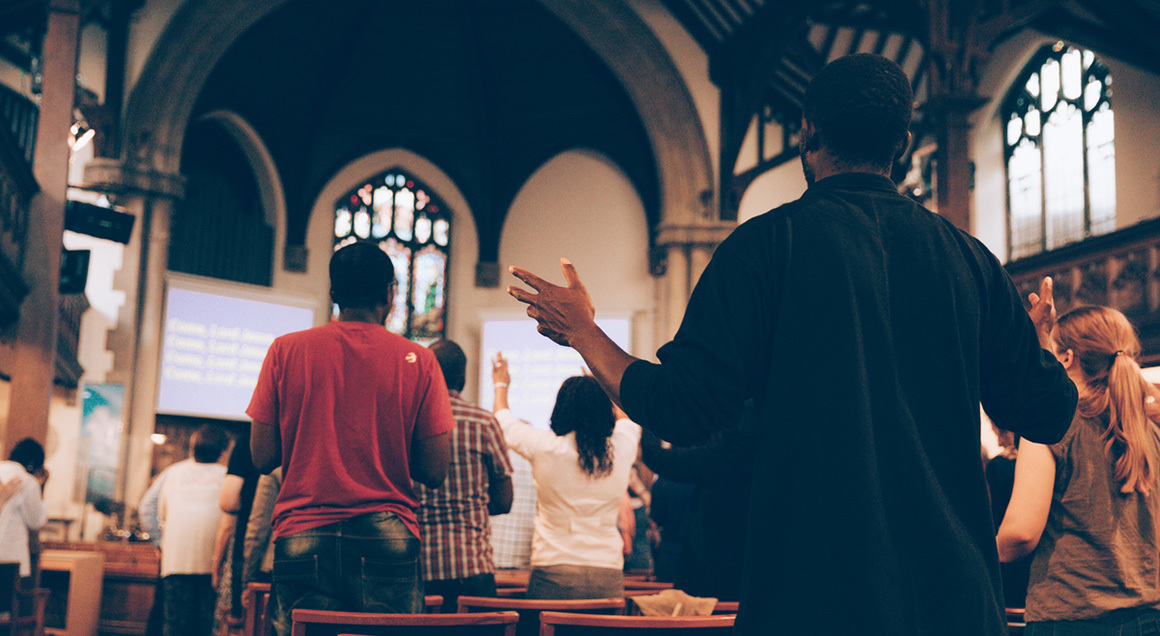Series: Starting an Ethnic Church Planting Initiative
By Marcelo Gomes

Leaders of church planting initiatives with ethnic communities need to consider several issues. Church planters need an understanding of the immigrant experience. Planters and developers need to contrast the history, cultural references, and spirituality practices of the target community with the hybrid conditions of the immigrant context. The formation and heritage of ethnic thought and the structural realities of the target community need to be considered.
Immigrants from various backgrounds forming a single and new religious community face theological and religious diversity and tension. This is perfectly understandable, given the multitude of traditions within an ethnic community.
The particularities of the immigrant experience have pushed religious communities to focus heavily on the search for identity; hence, many of these communities become isolated. The isolation is exacerbated by language and cultural barriers.
The particularities of the immigrant experience have pushed religious communities to focus heavily on the search for identity; hence, many of these communities become isolated. The isolation is exacerbated by language and cultural barriers.
This reality creates fragmentation related to the cultural, linguistic, and theological peculiarities of the community. This fragmentation is also the result of a threefold reality of these communities:
The cycle begins with the ethnic community church planting initiative. This process begins with the identification of a particular community and the resources for the proposed ethnic religious initiative. It then moves on to the next stage, which concerns denominational dynamics. This means the religious leaders initiate actions for the formation and growth of the community. The last stage is the absence of identity created by the barriers of language, theological differences, and the search for religious identity in a world divided by native and new realities.
This cycle becomes a pattern for how the recently formed community functions. It creates a disconnected system of ethnic communities that exist in isolation. Isolation occurs, at least in part, because the ethnic community is not or cannot be included in the dominant theological system or even in the denominational structure because of theological conflicts or cultural barriers. These barriers may include organizational values, relational behavior, and management peculiarities. For example, one culture may value punctuality, formal meetings, and written reports; whereas, another culture values relationships, informal gatherings, and affection. The clash in organizational values then creates tension between the two groups.
In the third stage of the contextual cycle, the life of the ethnic community tends toward preserving identity and ensuring communal survival.
The cycle completes its first turn when the local community encounters its first difficulties concerning differing religious practices in relation to the dominant practice. There are also difficulties concerning expansion through new initiatives or through enlisting candidates for clergy leadership who are expected to have a high level of theological education and English language skills.
The absence of multicultural competence may lead to conflicts as individuals adapt to the new culture. This may result in a limited and fragile religious experience. The multicultural environment and the bilingual reality may impede growth. The leader and the new religious community may have problems integrating into the denominational structure.
This is the first article about the topic. In the following ones, we will be unfolding some important components mentioned here. If you want to discuss developing an ethnic church planting initiative, feel free to contact me at [email protected].
Dr. Marcelo Gomes is the Director of Training & Church Planting Systems with Path 1 at Discipleship Ministries.
Contact Us for Help
View staff by program area to ask for additional assistance.
